Thanks to the success of “The Omen,” Donner came to the attention of Ilya Salkind, a high-rolling international film producer who, along with his father Alexander, was just then in the midst of trying to launch a massive film project that would bring the most famous comic book superhero of all, Superman, to the big screen. The original plan was a two-part spectacular that would be filmed back-to-back with a screenplay that involved the contributions of Mario Puzo, Robert Benton, and David Newman and a cast that would be headed by no less of a figure than Marlon Brando, who would get an astronomical sum for the relatively brief role of Superman’s father, Jor-El. Many directors were considered for the gig, ranging from Francis Coppola and Steven Spielberg to Sam Peckinpah(?) but after seeing “The Omen” (not to mention its placement on the box-office charts), Donner was given the job of directing “Superman” and “Superman II” and he soon made a couple of key decisions that would shape the course of the film. Objecting to the campy tone on display in the screenplay, Donner brought in Tom Mankiewicz to do a rewrite that eliminated the jokey attitude. As for the casting, while the initial notion was to bring in a star to play the title role (everyone from Robert Redford to Neil Diamond was apparently considered at one point), it became evident that the role would almost have to go to an unknown to avoid any possible bad laughs from the sight of a famous face flying around in tights. Although he was initially rejected for being too young-looking and skinny, the then-unknown Christopher Reeve was given the title role, surrounding him with an all-star cast that would also include the more recognizable likes of Gene Hackman, Margot Kidder, Ned Beatty, Jackie Cooper, Valerie Perrine, and Trevor Howard.
Lasting more than 19 months, “Superman” was an infamously troubled production—productions, actually, since “Superman II” was being shot at the same time—that went over schedule and budget and caused such tensions between Donner and the Salkinds that the producers went so far as to bring in another director, Richard Lester, to serve as a backstop in case they needed to fire Donner. Eventually, the decision was made to set “Superman II,” which Donner had shot roughly 75% of by then, aside in order to finish up the first on the assumption that if it didn’t work, no one would want a sequel anyway. This required a number of on-the-fly changes (such as taking the climax planned for “Superman II” and using it as the finale for its predecessor) that only exacerbated tensions. All of it was reported in the media, which seemed incredulous that so much money—it was the highest-budgeted film ever made to that point—and talent could be applied to something as silly as a movie based on a comic book.
Expecting some kind of garish disaster, audiences and critics were stunned when “Superman: The Movie” (as it would eventually be known) debuted in December 1978 and revealed itself to be one of the smartest and canniest pieces of American pop cinema ever created, and one that plays just as beautifully today as it did back then. From a technical aspect, the film was a stunner—you really did believe that a man could fly—but that was probably the easiest of its achievements to accomplish. Instead of taking the kind of archly campy tone utilized by the old “Batman” television series, the film treated the entire Superman mythos with a seriousness and respect that made it into something more than the cartoon that it might have become in lesser hands. This could have been disastrous because one bad laugh at any point could have destroyed the mood permanently, but while the film did contain plenty of big laughs (I love the bit where Clark Kent tries to find a phone booth to make his quick change but can only find a newfangled one that offers zero cover), they were ones that emerged naturally from the material instead of being stuck in to convey a superior attitude. More importantly, the film had a lightness and charm to it that almost made you forget that you were watching an effects-laden blockbuster—this is one of the few films of its type where the characters and situations are so fully drawn and developed that the dialogue scenes are just as compelling, if not more so, than the big action beats. Throw in a lovely star-making performance from Reeve that helped to further ground the material in reality and you have a film that would not only lead the way for an eventual avalanche of superhero-themed sagas over the next few decades, but which remains arguably the best of them all.
You can view the original article HERE.





:quality(85):upscale()/2024/08/26/889/n/1922398/28473ff166cce39daa6e21.53852630_.jpg)
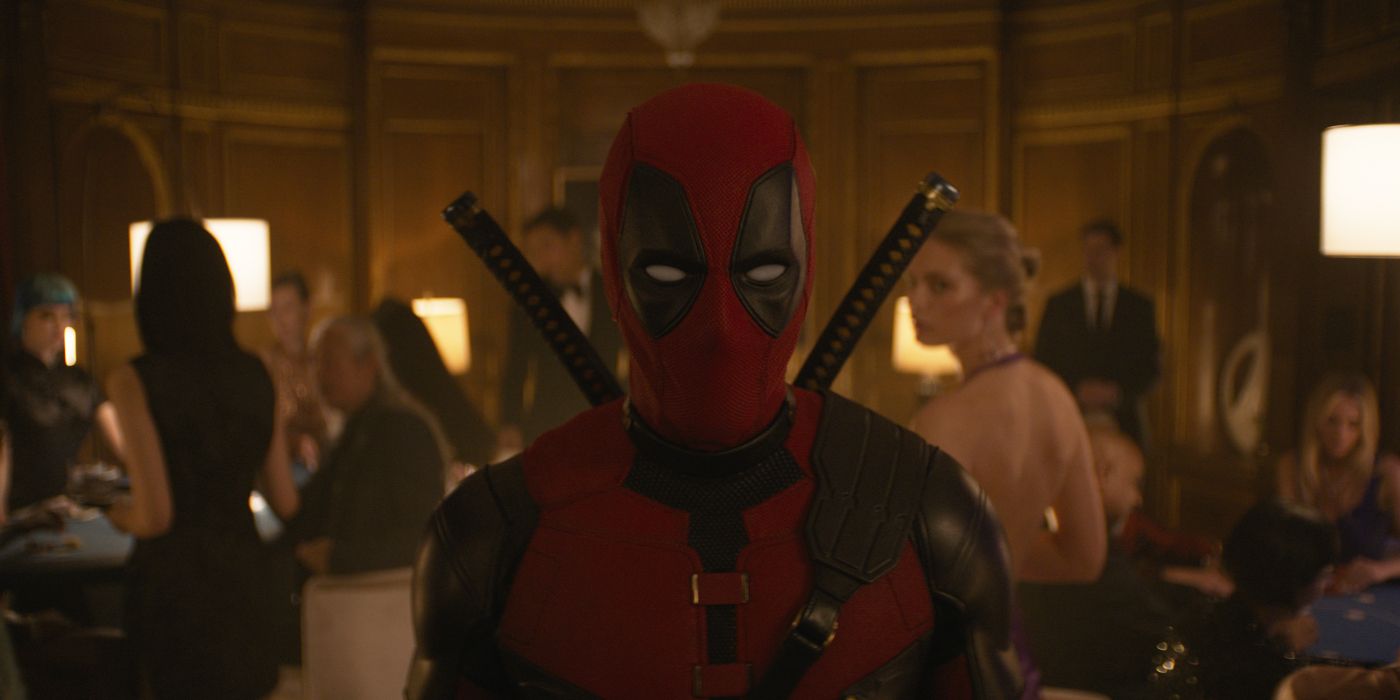


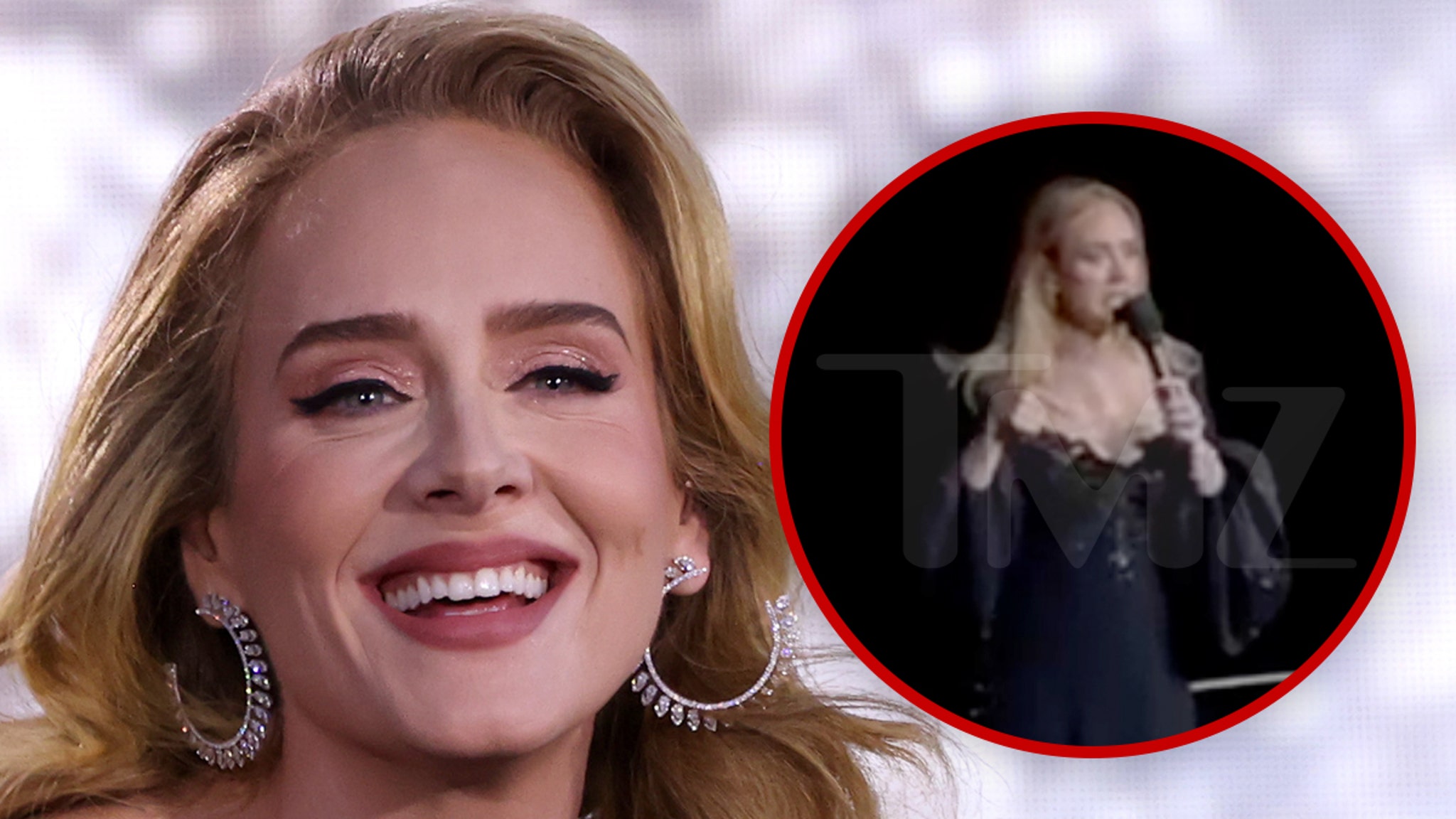
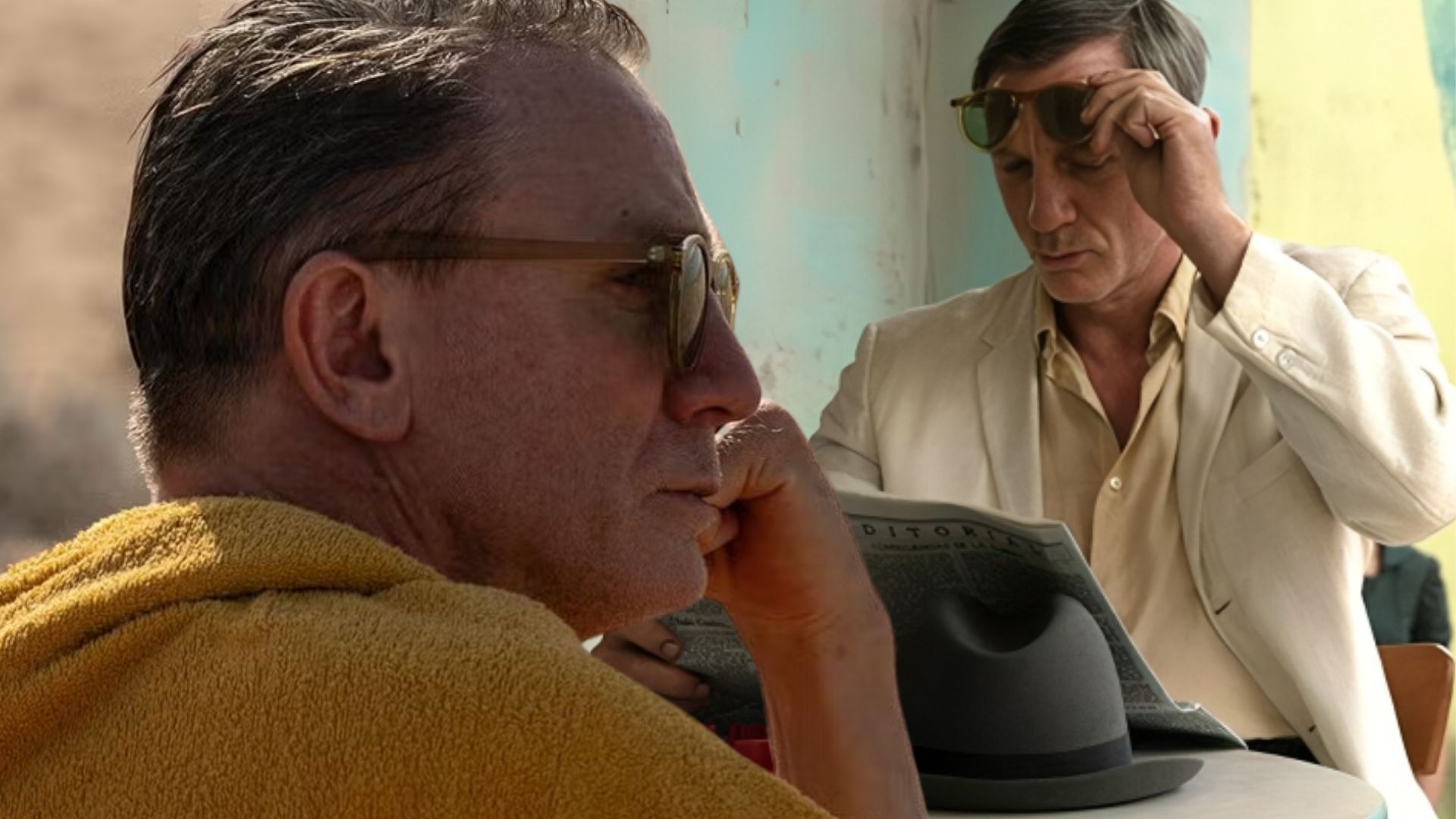
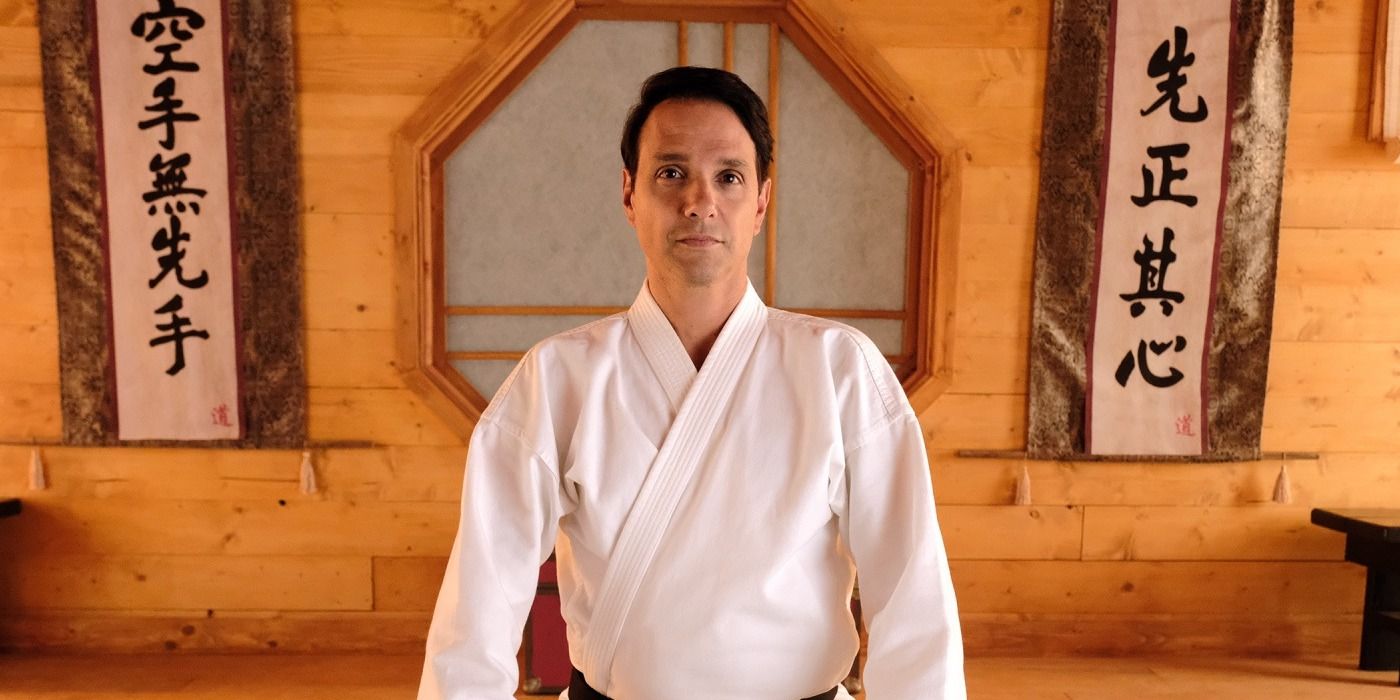

:quality(85):upscale()/2024/08/26/163/n/1922283/64d5eb8566cd4005122c30.42614493_.jpg)
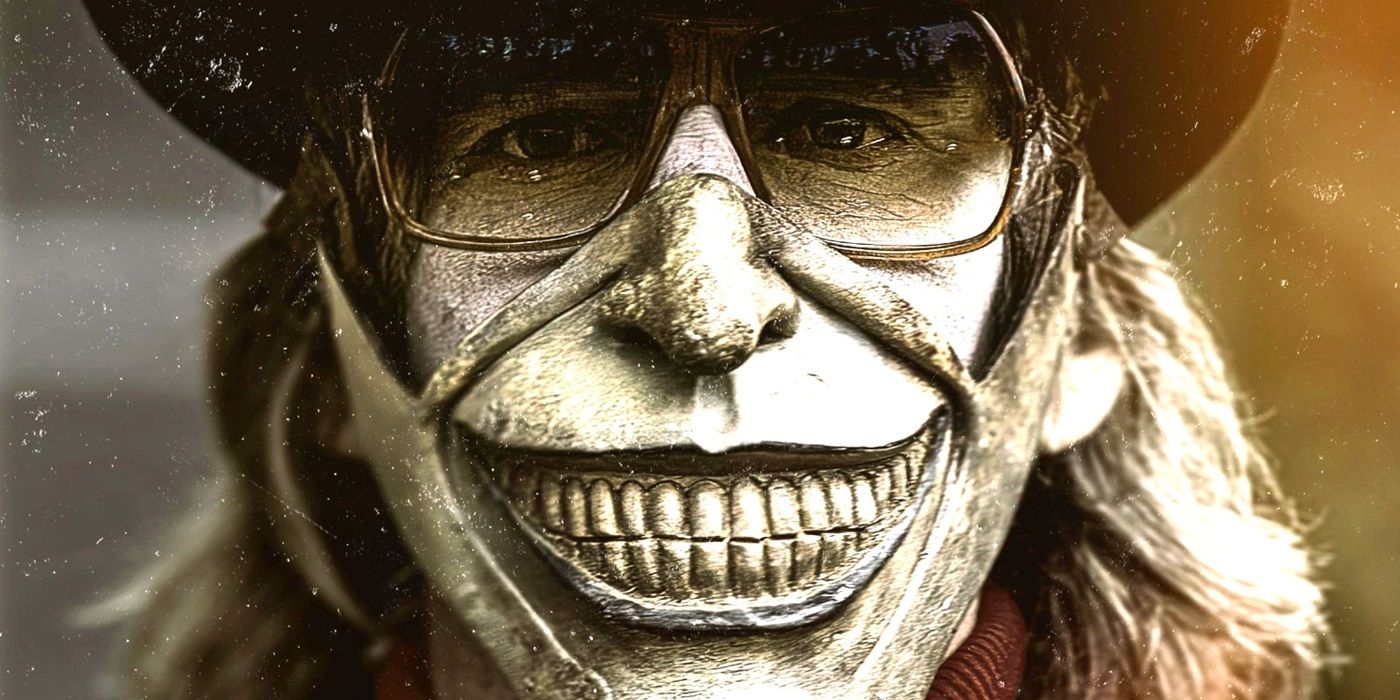

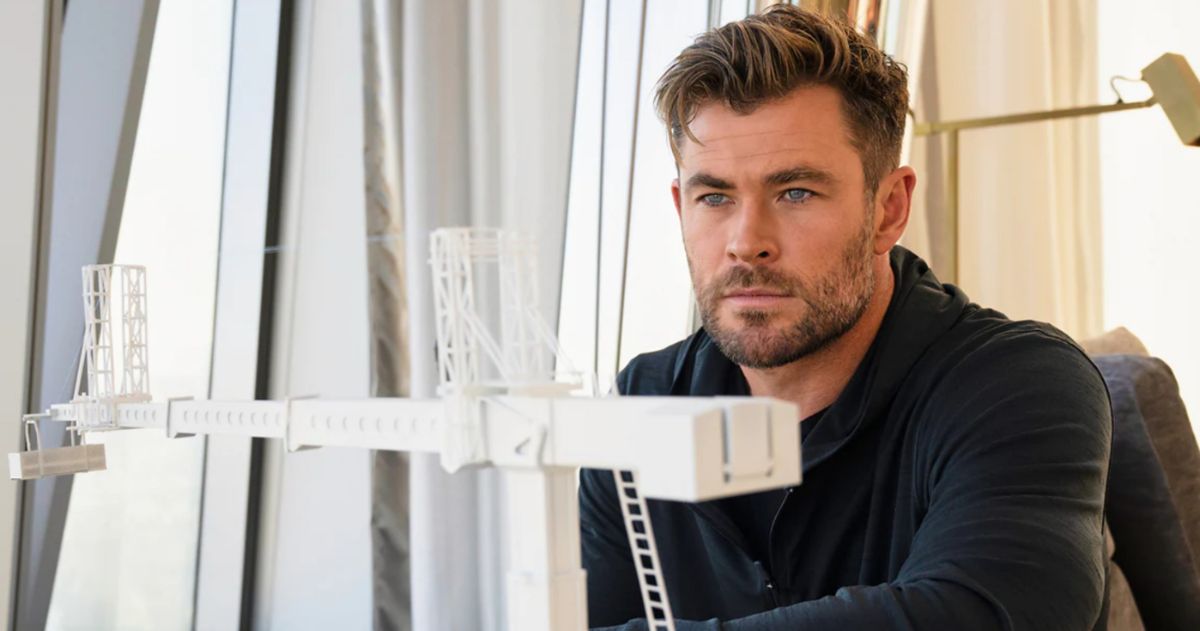
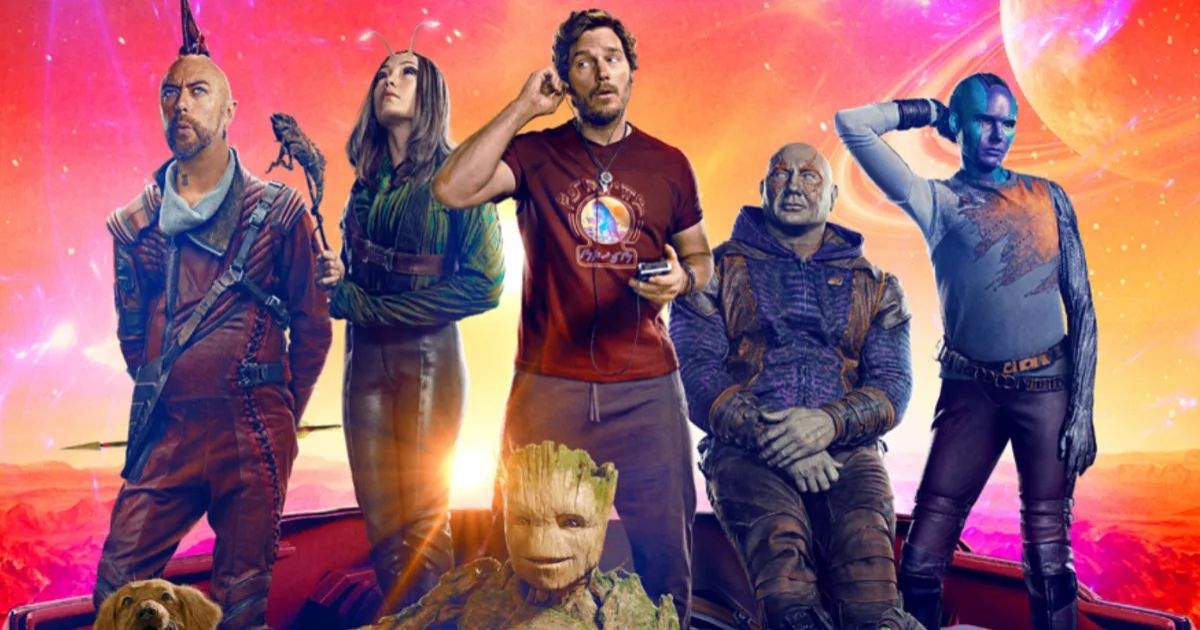
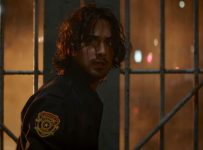
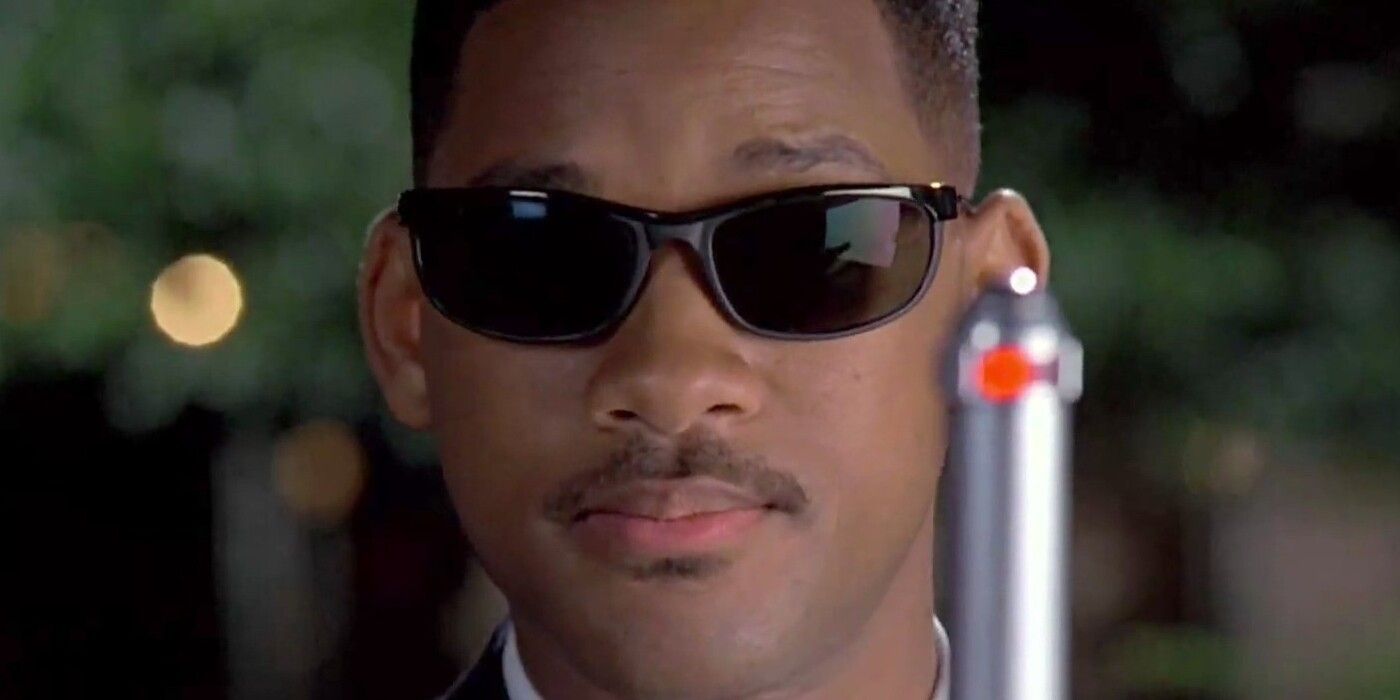



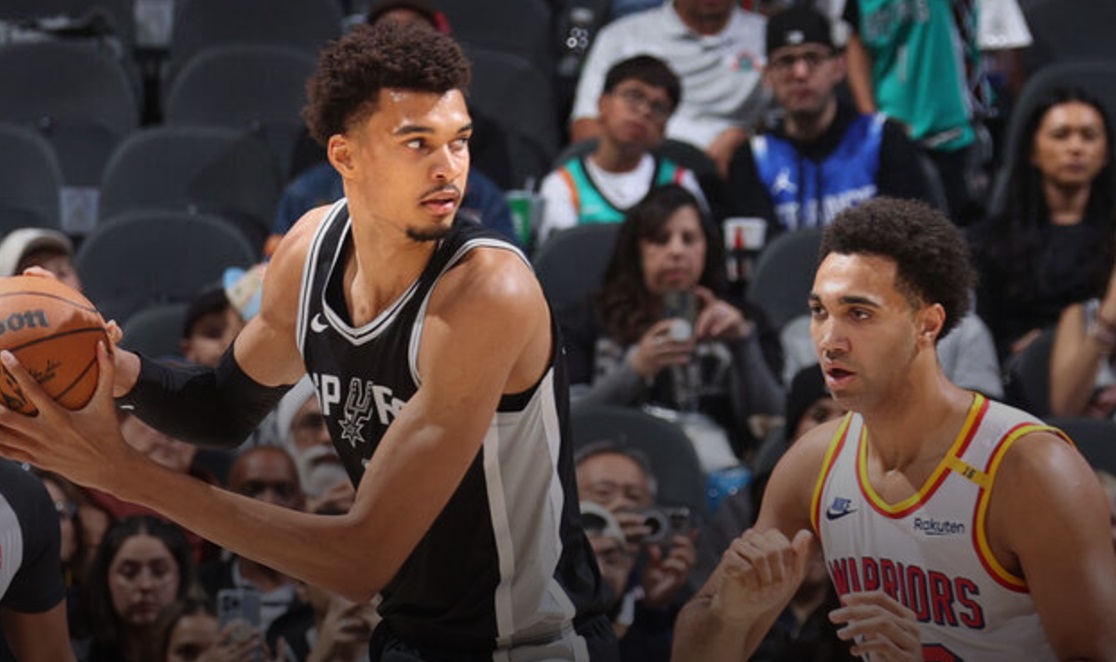
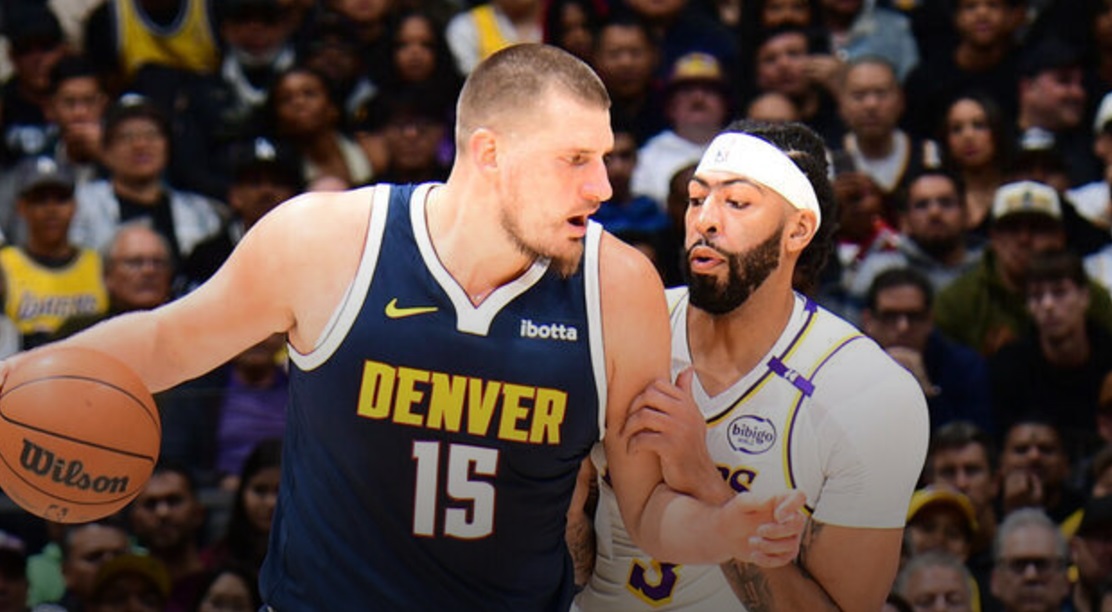
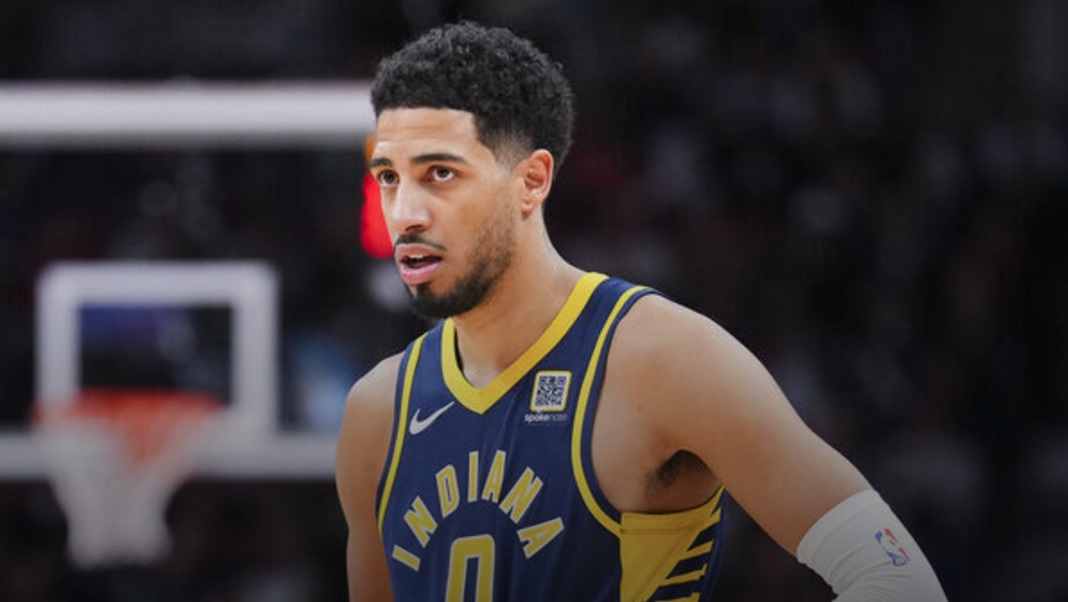
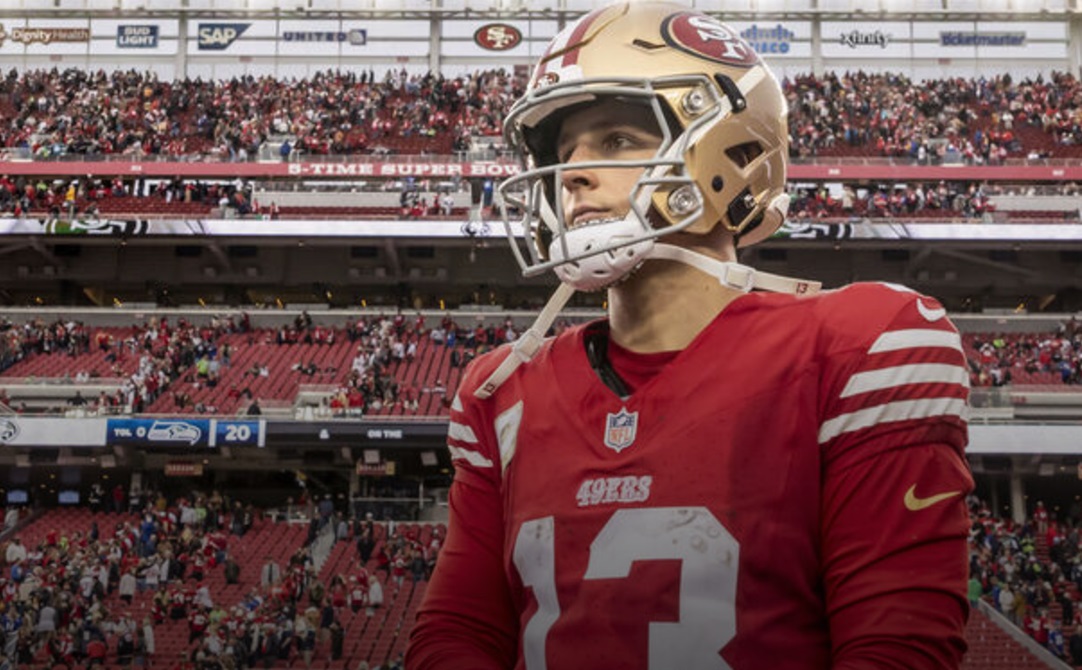
:quality(85):upscale()/2024/11/01/838/n/1922564/a619836e672526ceb8e445.97033718_.png)
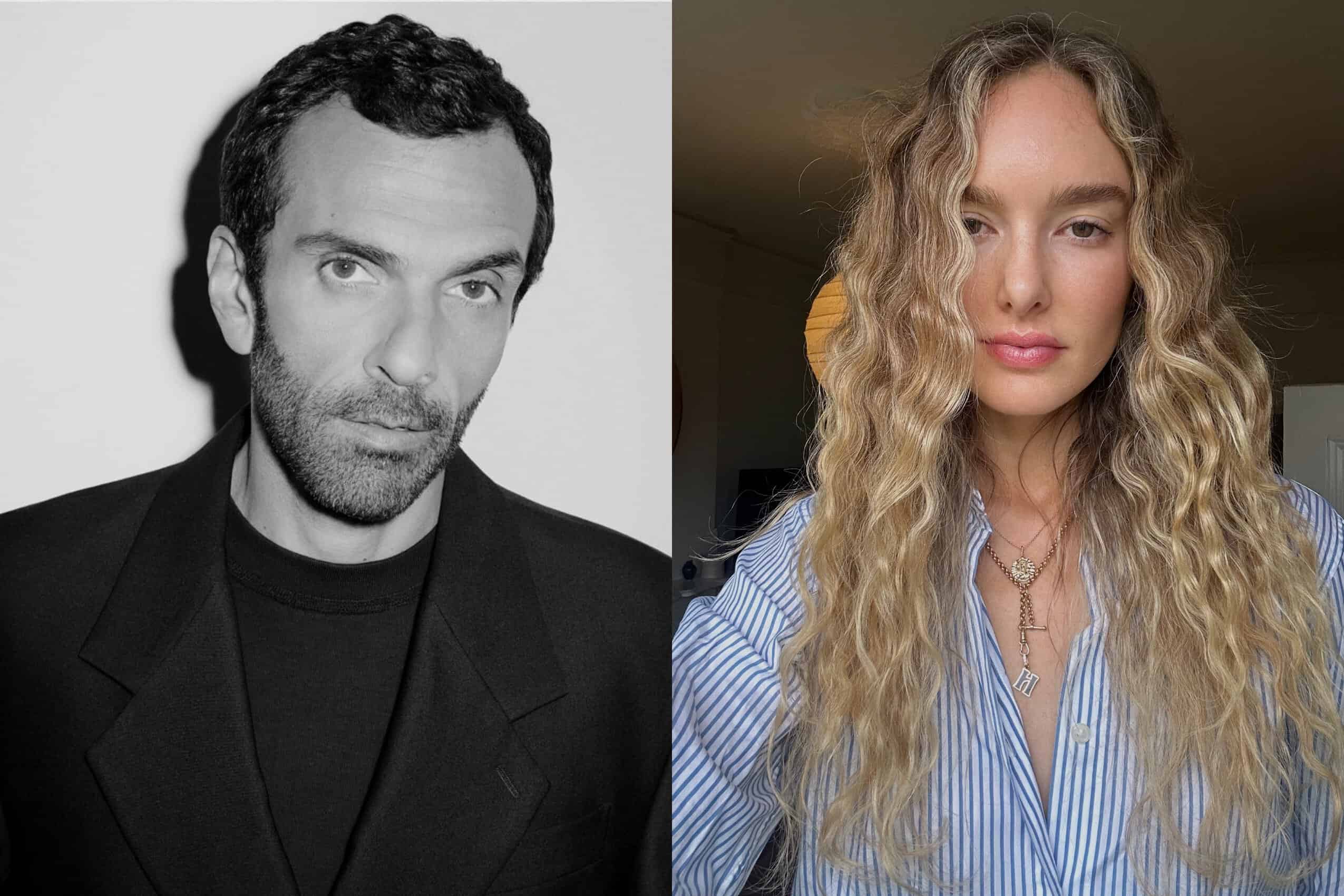
:quality(85):upscale()/2024/11/01/835/n/1922564/bfa93947672525e50f3021.35859863_.jpg)
